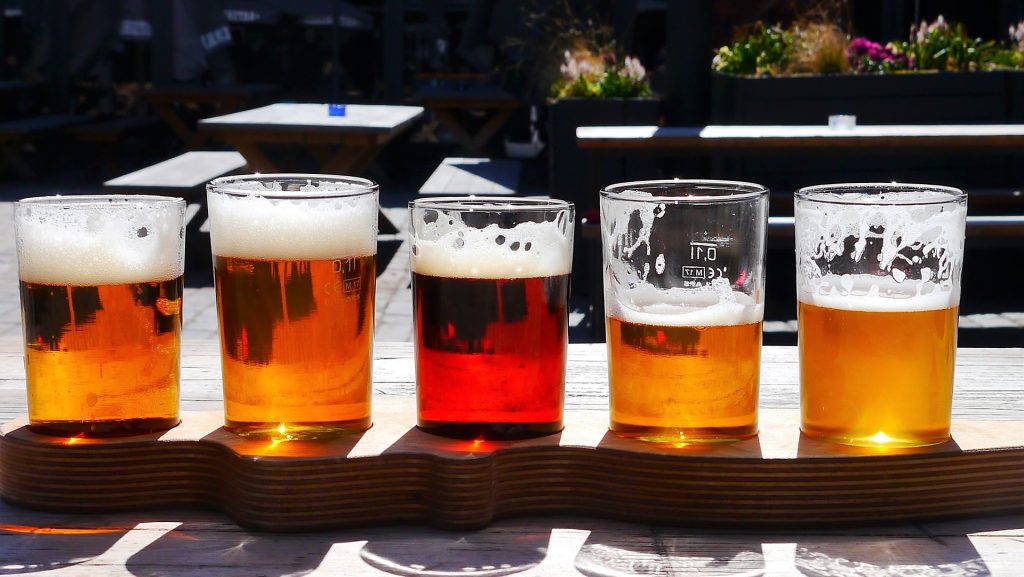Before you read this, please be sure you are sitting down. What you are about to learn is so shocking that you might need some time to recover. Researchers from UNLV and the University of New Mexico (UNM) have found that sports bettors are more likely to binge drink than non-gamblers or those who partake in different types of gambling.
I know it’s unbelievable, but researchers surveyed more than 4,000 people and…there you have it. The trend held the same whether or not the sports bettor was male or female.
Joshua Grubbs, an associate professor at UNM and investigator at the Center on Alcohol, Substance use and Addictions, told the Las Vegas Sun what we’re all thinking: that people often drink when they watch sports, so naturally sports bettors might follow the same pattern.
His advice is for sports bettors to “make a plan and stick to it,” when it comes to both gambling and drinking.
“I tell gamblers all the time, ‘Look at your betting history when you’re drinking and not drinking — actually do a test of your own bets.’ And, invariably, what they find is that they make dumber bets when they’re drunk, which is not surprising, right?”
Shane Kraus, UNLV psychology professor and Director of the Behavioral Addictions Lab, said that people should avoid live betting.
“Don’t be four beers in and then suddenly start betting on all the parlays in the game, Kraus advised. “So that’s gonna be, I think, a risk factor…that’s where I think we can tell people, ‘Maybe, use some caution here. If you’re drinking, don’t be betting.’”
Nevada Council on Problem Gambling Executive Director Ted Hartwell said a “co-occurring substance use disorder” is not at all uncommon among those with gambling problems and that “cognitive distortions” often exist among younger gamblers.
“I think a lot of that is tied into the belief that, if I’ve played sports growing up — which lots of us have — it gives me an edge in knowledge of the sport,” he told the Sun. “So all of these things are interconnected, and it’s not surprising that we see, I think, sports betting in particular wrapped up with other types of risky behavior.”
The next step, Kraus said is to figure out if the binge drinking in turn leads to problem gambling.
“And that’s a question, I think, for our community,” he said. “People like having adult beverages and drinking and that’s fine. It’s just how do we make sure, though, people who are really drinking heavily are also not putting themselves at risk for risk-betting — getting … in trouble?”
